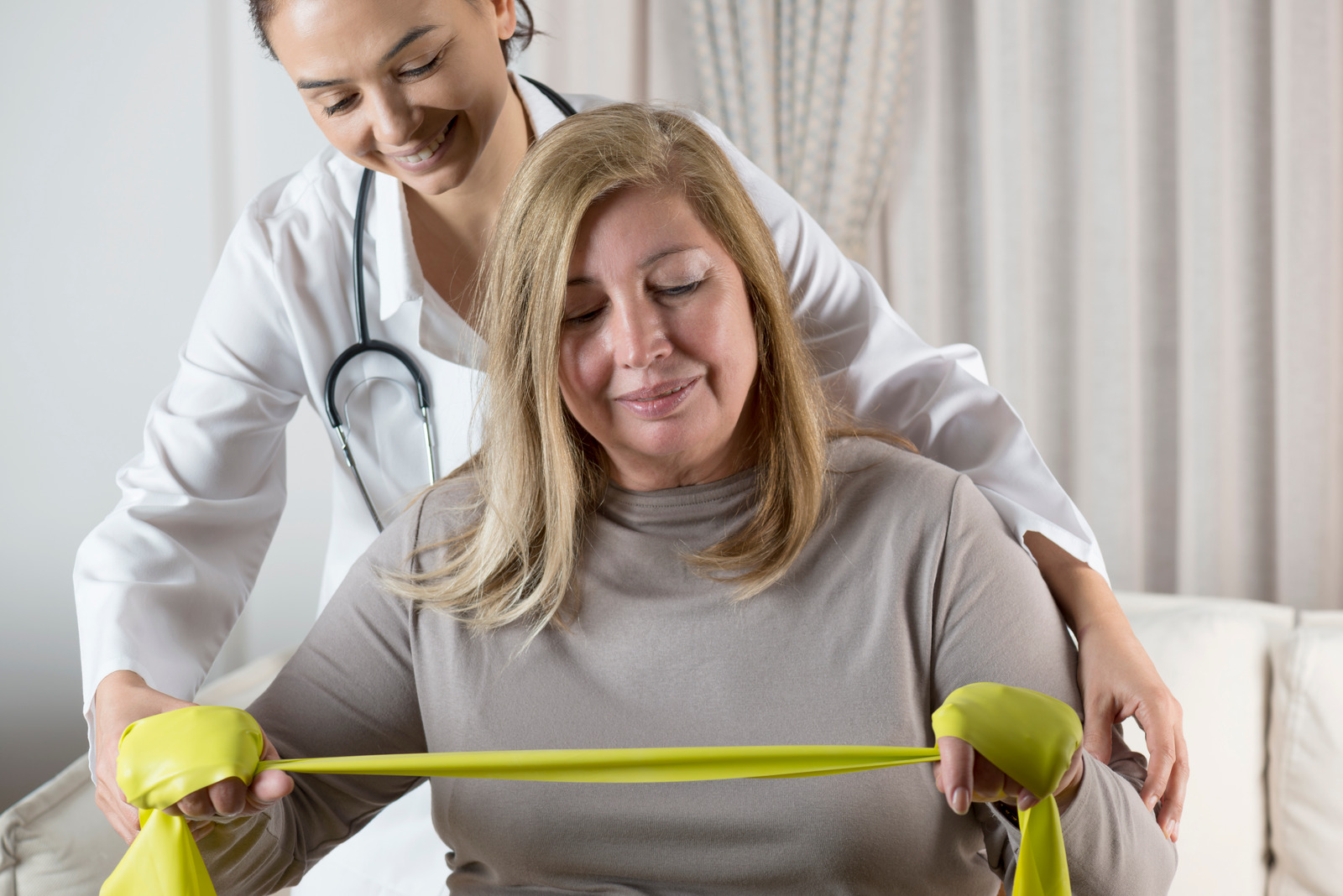
How to Recover from a Stroke at Home
Recovering from a stroke isn’t easy. There is often a long, difficult road ahead — but services like home care can help. Home care for stroke patients is often the first step in recovery. If you want to find Home Health Care in Hopkins MN, reach out to Pinnacle Home Care.
Plan to do activities
Whether you or a loved on has recently suffered from a stroke, it’s important to plan for activities and make sure you have a support system in place. It can be hard to know what to do when you’re recovering from a stroke, especially if you’re not sure how severe your symptoms are. Even if you have a lot of symptoms, it’s important to do something every day. You don’t have to work up a sweat or feel like you’ve done all the exercises in the world—just getting up and moving around can help. If you’re not sure where to start, talk with your doctor or a physical therapist about what activities are safe for you.
Create a safe space for the senior to recover in
Strokes can have some pretty serious side effects, including impaired balance and coordination. It’s important to create a safe space for you or a loved one to recover in. Make sure there aren’t any loose items around (like children’s toys or books), and remove anything that could fall on top of them. If you can’t navigate through your home safely with a blindfold on, this could be an indicator that changes need to be made! Keep in mind that you or a loved one may not be able to recover on their own. If that’s the case, it might be time to hire someone to help with cleaning and cooking so you can focus on recovery. In Home care assistance can provide support ranging from help with basic household chores, to medical assistance and appointment reminders.
Caregivers should be ready to handle all of the needs that the senior has, including emotional ones
While strokes are often recognized for their physical consequences, it can be easy to forget just how much they can impact you or a loved on emotionally. Strokes can be frustrating to recover from, and it can be easy to feel like the world has ended. You or your loved one may feel isolated, depressed and frustrated. This is especially true if they are not able to return home after their stroke and must recover in a hospital instead. Recovering at home can at least preserve a feeling of familiarity, security, and comfort. Keep in mind that if you can’t help a loved one physically, you can still provide valuable emotional support to their recovery process.
Encourage therapy with a stroke specialist so that you can get additional help from an outside source
A physical therapist can teach you and your loved one how to do exercises that help with mobility, strength, balance and flexibility. This can be especially helpful if you or your loved one are dealing with a partial paralysis. A speech therapist can also offer assistance with communication issues caused by the stroke. It’s important to know that recovery from a stroke can be a long process, but it is possible for your loved one to regain their strength and mobility. With your help, they will be able to live as independently as possible. If you or a loved one wants long-term support, then an in home care assistant can monitor your recovery on a regular basis from the comfort of your home.
Accepting Limitations
When dealing with a stroke, it’s important to focus on what you can do and not on what you can’t do. You or your loved one may have lost some of your independence, but there are still many things that can be done to help improve quality of life and alleviate stress. It’s important to remember that everyone recovers at their own pace and that recovery is an ongoing process. The more you can focus on what you or a loved one can do, the less stress they will experience.
Maintain a Routine
The best way to cope with a stroke is by maintaining a routine. This will help you or your loved one feel more comfortable and secure, which can make everyday tasks easier. You may need to make some changes to your routine, but try to keep things as normal as possible. For example, if you or your loved one used to go for a walk every morning before work and now can no longer do so because of weakness in one side of their body, consider talking a longer, more easily paced walk in the evening instead.
If you or someone you love has had a stroke, it can be difficult to know what type of help is available and where to turn. The information here should help you determine whether at-home care is right for you or your loved one. When it comes to in-home care, Pinnacle Home Care is here to help you with Skilled Nursing, Companion Care, Home Health Aide, Homemaker Services, and more.

